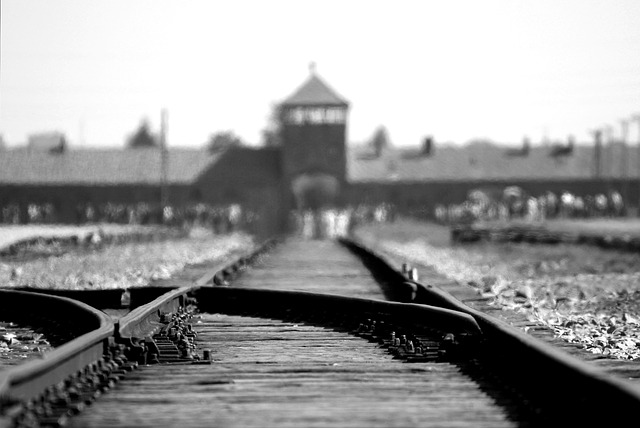As a long-time real estate professional, my focus has always been on community — building it, bettering it, bolstering it — knowing somewhere in the back of my mind how quickly it can be torn asunder.
In my dual roles as Founder and Managing Partner of MZ Capital Partners and co-CEO of Prime Property Investors — positions in my home state of Illinois that I have held since 2005 and 1993, respectively — I have assembled a wide-ranging portfolio that includes everything from suburban apartments to student housing, to medical facilities and multifamily properties.
Rehabbing and restoring older structures into affordable, comfortable living spaces has also been an emphasis in these positions, as it has throughout my 40-year tenure in the business.
Always building up, in other words, while fully cognizant that things can be torn down — that communities can, sadly, disappear without warning.
That fact was brought home to me years earlier in the starkest way possible: by the Holocaust. Several of my relatives were victims of it, and only through the grace of God did my grandfather and in-laws survive the Nazi concentration camps.
It is estimated that some six million Jews died during the Holocaust, but the scope of this tragedy goes well beyond that. When Russians, Serbs and Poles are taken into account — as well as gypsies, the mentally ill and those deemed “asocial” — it is estimated that between 11 million and 17 million people fell victim to Adolf Hitler’s state-sanctioned slaughter. The National Holocaust Memorial Museum’s estimate goes even higher, putting that number at some 18 million.
But statistics alone, horrific as they are, do not convey the full extent of the atrocities committed at death camps like Auschwitz, Dachau and Buchenwald between 1933 and 1945. According to one report there were 27 main camps and thousands of sub-camps in all, where inmates were gassed to death, starved to death, worked to death and beaten to death. There are also cases where they were subjected to gruesome medical experiments, the most notorious of which were conducted by Josef Mengele at Auschwitz.
Five years ago I was asked about the Holocaust’s impact on my life in an interview that appeared on the Jewish United Fund (JUF) of Metropolitan Chicago’s website. I mentioned that the experiences of my immigrant grandparents and surviving in-laws “focused me on the importance of Israel as a safety net for the Jewish people, as the homeland where any Jew who is at risk anywhere in the world has the right to return.”
After all, as I told the JUF, “I grew up in a world where there was always a State of Israel. But my in-laws and my parents and my grandparents did not. And I see the impact that had on their lives and their peers’ lives as a result of there being nowhere to go.”
I would in time rise to the position of general campaign chair for the JUF, and in 2003 I began making trips to Israel sponsored by the organization. I have returned every year since, something that has helped me understand we are all just part of something greater, something more important.
Back home I have immersed myself in the Jewish community, serving as President of Congregation Beth Shalom in Northbrook and Chairman of the board of the Jewish Federation of Metropolitan Chicago.
It was in my capacity as a JUF official that I helped draft a statement in November 2016 in support of a statement by the National Holocaust Memorial Museum condemning the rhetoric emanating from a white nationalist conference in Washington, D.C.
According to the Holocaust Museum’s statement, Richard Spencer, leader of a white nationalist think tank called the National Policy Institute, quoted Nazi propaganda and implied that the mainstream media were protecting Jewish interests in the U.S.
“One wonders if these people are people at all?” he asked, according to the statement, adding that whites face a choice “conquer or die,” a view once espoused by Hitler himself.
According to the Holocaust Museum’s response:
The Holocaust did not begin with killing; it began with words. The Museum calls on all American citizens, our religious and civic leaders, and the leadership of all branches of the government to confront racist thinking and divisive hateful speech.
The JUF, noting that the Chicago area is home to some 6,000 Holocaust survivors, was quick to support the museum’s statement, expressing “deep alarm” at Spencer’s rhetoric and vowing to stand with others who “call out hate and uphold America’s most cherished values.”
As always, it is a matter of community — of people gathering together and building bridges, as opposed to walls. I had learned that years earlier from my relatives, and it has informed everything I have done since, in the working world and beyond.


